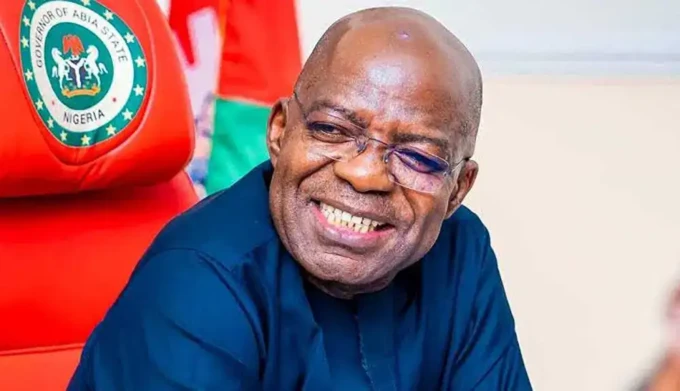Julius Malema, leader of South Africa’s Economic Freedom Fighters (EFF), has been found guilty on multiple firearm-related charges from a 2018 incident during a political rally in Mdantsane, Eastern Cape. The East London Magistrate’s Court convicted him for unlawful possession of a firearm and ammunition, discharging a firearm in public, and reckless endangerment. His former bodyguard, Adriaan Snyman, was acquitted. Malema had claimed the firearm was a toy, but Magistrate Twanet Olivier rejected this assertion, citing credible evidence.
The EFF has condemned the ruling as a politically motivated “witch hunt” aimed at silencing Malema and plans to appeal all the way to the Constitutional Court. Malema could face a maximum sentence of 15 years in prison, with sentencing set for January 23, 2026. Under South African law, a custodial sentence exceeding 12 months without the option of a fine would disqualify him from serving in Parliament.
The case raises significant debates surrounding judicial independence, accountability, and political bias in South Africa. Malema, known for advocating land expropriation without compensation and the nationalization of key industries, remains a polarizing figure. The ruling has elicited mixed reactions: some view it as a victory for gun control, while others see it as an attack on progressive political voices. As social media buzzes with varied opinions, the EFF’s response highlights the ongoing tensions with political establishments in the country.
Malema’s upcoming sentencing could have major repercussions for his political career and the broader opposition landscape, potentially influencing public discourse on crucial issues like race, land ownership, and political freedom in South Africa.












I think Malemas conviction raises questions about political motives behind the prosecution. What do you all think? Interesting discussion!
Wow, Malemas in hot water again. Do you think this will impact his political career? Curious to hear your thoughts!
I cant believe Malema got convicted! Do you think its fair or a political move? Lets discuss!
Wow, Malemas firearm offenses are concerning. Should politicians be held to a higher standard when it comes to following the law?
I cant believe Malema got convicted! Do you think it was a fair decision or too harsh? Lets discuss.
Wow, Malemas conviction is a hot topic! Do you think its fair or politically motivated? Lets discuss!
Is it fair to convict Malema for firearm offenses at a rally? Seems like a political move rather than justice.